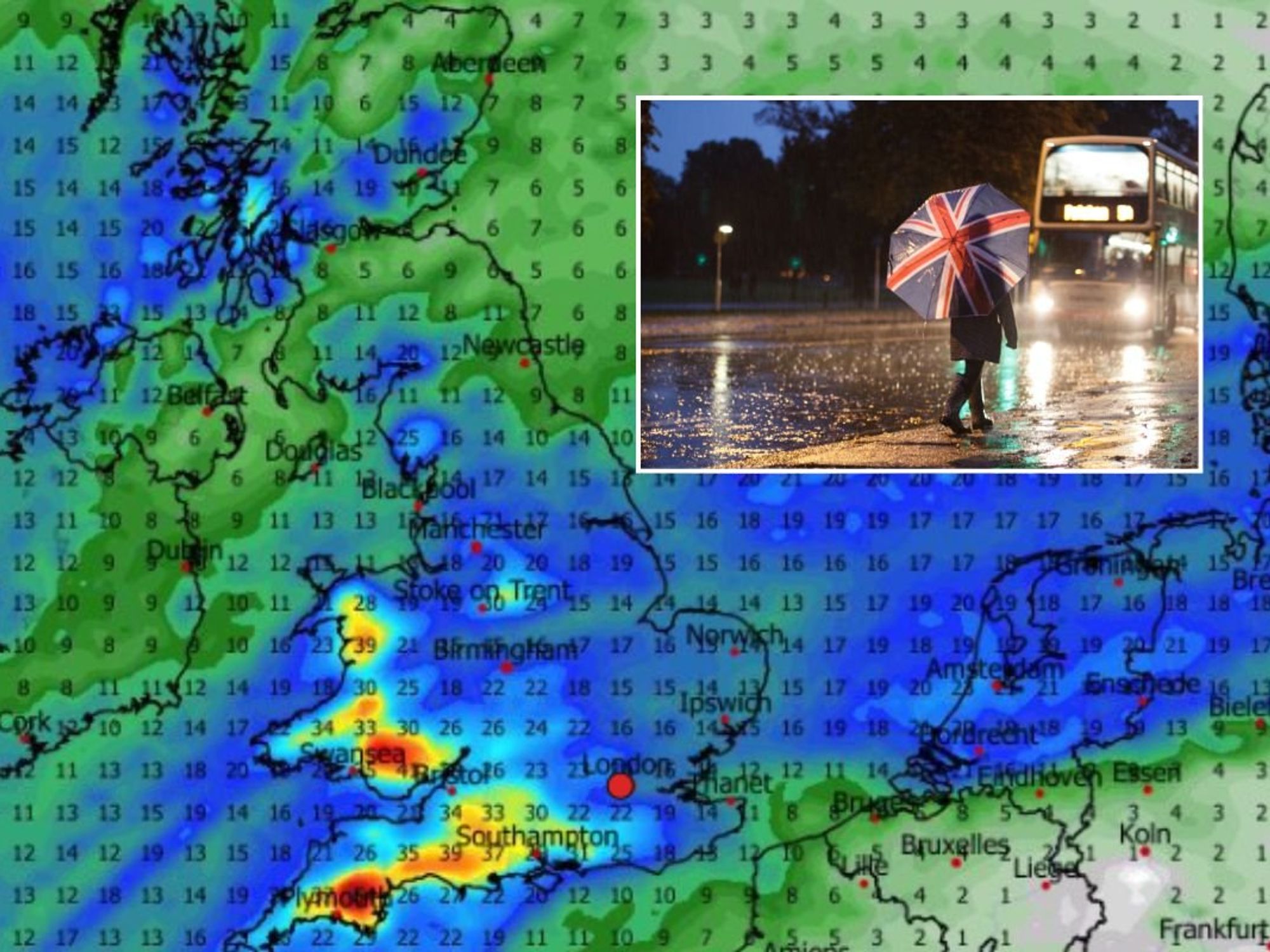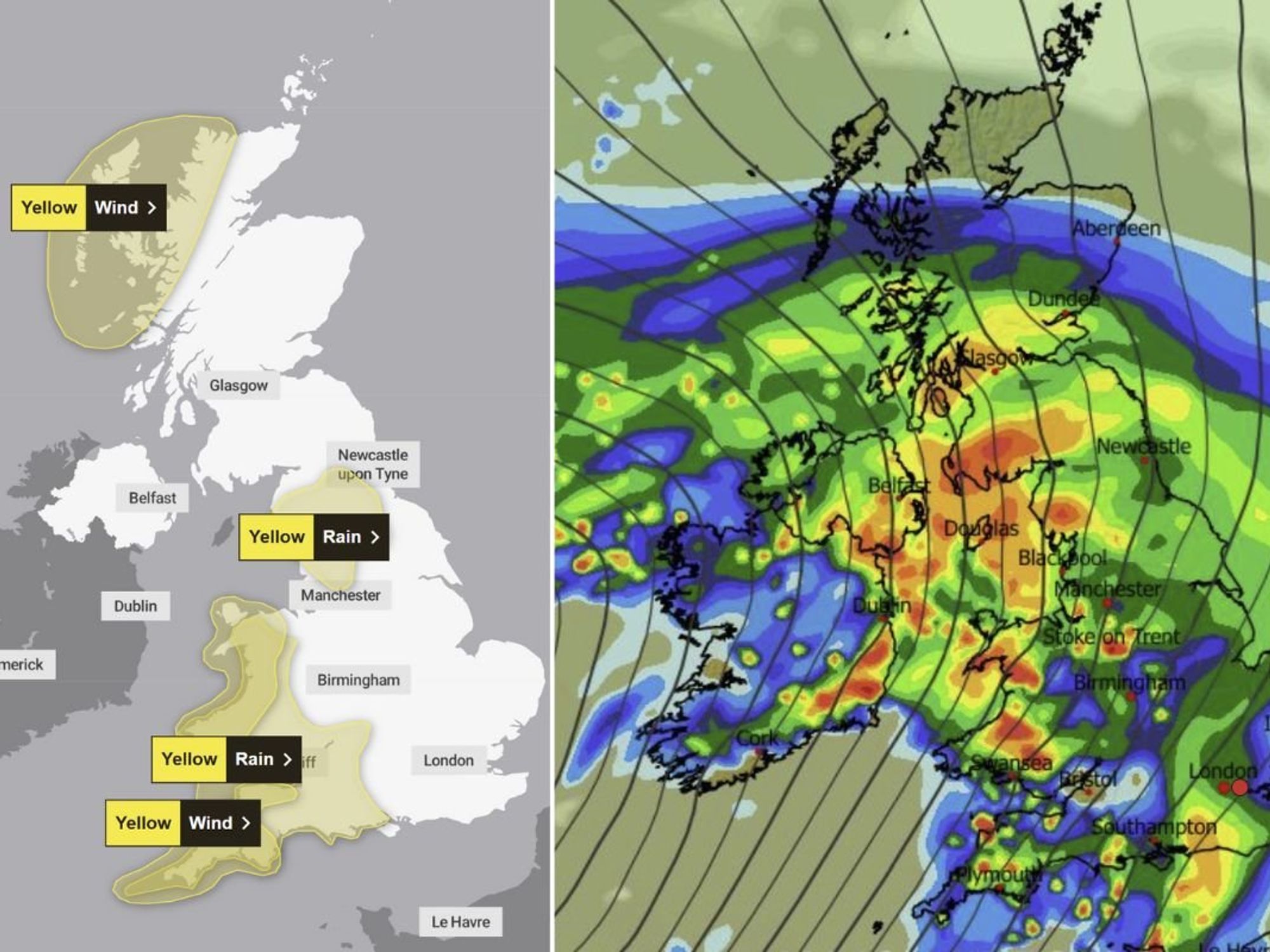UK snow: UKHSA issues cold warning as -8C chill to bite Britain and snow to bring travel chaos
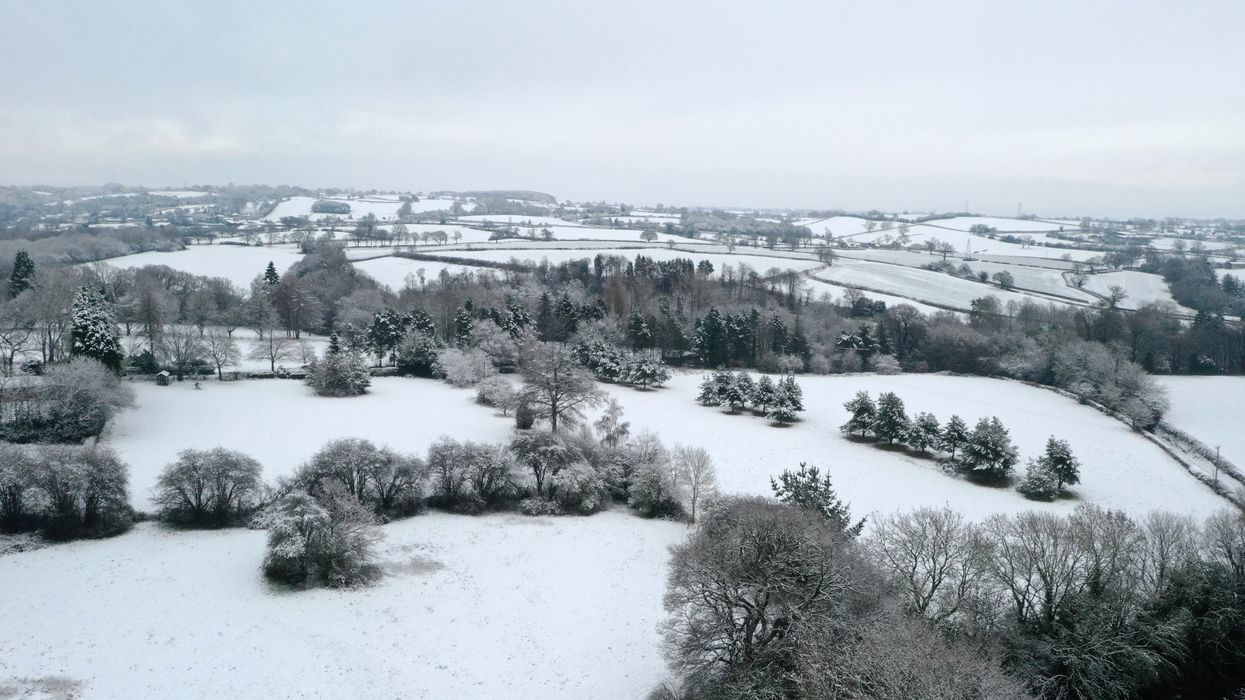
UK snow: UKHSA issues cold warning as -8C chill to bite Britain and snow to bring travel chaos
|PA

Meteorologists say that towards the end of the week there is a possibility of snow across parts of the south
Don't Miss
Most Read
The UK is set to be hit with freezing temperatures this week, with some parts of the country becoming so cold the UK Health Security Agency (UKHSA) has issued a warning.
The UKHSA issued a yellow cold-health alert covering northern regions of England as colder air feeding from the north could lead to wintry showers in parts of the UK.
North Sea coastal areas are the most likely well as some inland parts of northern Britain.
These may bring some snow and ice in the coming days.
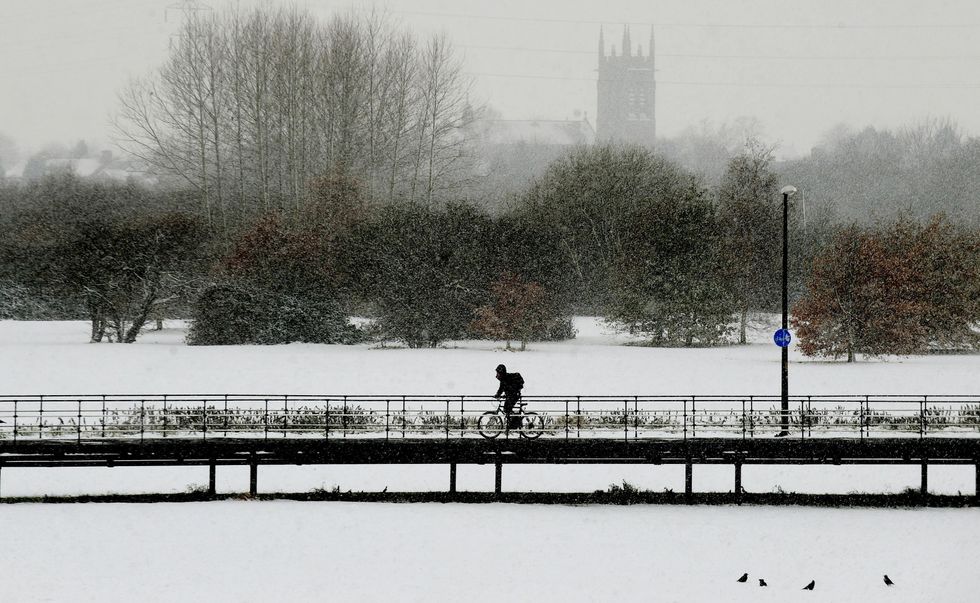
UKHSA has issued a yellow cold-health alert covering northern regions of England
|PA
Meteorologists say that towards the end of the week, there is a possibility of snow across parts of the south. However, this is not guaranteed.
Met Office deputy chief meteorologist David Oliver said: "After some rain on Monday, conditions will turn mainly dry in the south for a time before a very uncertain period on Thursday and Friday for the southern half of England and Wales.
"The weather models are highlighting several possible solutions from very wet to mainly dry, with a mainly dry picture the most probable outcome at present.
"However, some models include the prospect of an area of low pressure developing and moving in from the south or southwest."
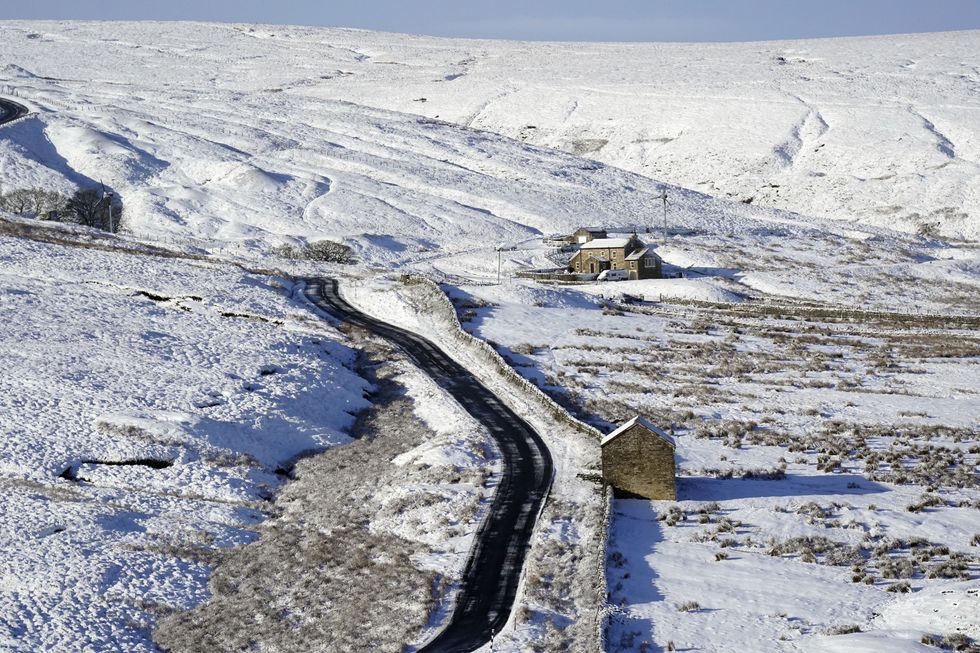
Experts said there could be some disruption over the period of snow
|PA
Oliver said there could be some disruption over the period of snow, with snow potentially reaching some southern regions.
He added: "If this solution proves to be correct, we could see an area of warmer and moisture-laden air ‘bumping’ into the cold air further north.
"Along the boundary of the two air masses lies a zone across southern and central Britain where snowfall could develop fairly widely.
"Snow in any affected area is unlikely to be anything more than transient and short-lived, but it could lead to small totals and some disruption over a few hours before melting."
Met Office experts say snowfall in late autumn or early winter doesn’t generally linger.
This is especially the case in southern Britain.
This is due to ground temperatures remaining relatively high after the summer.
This is compared with figures in late winter after the ground loses more of its warmth.









